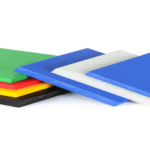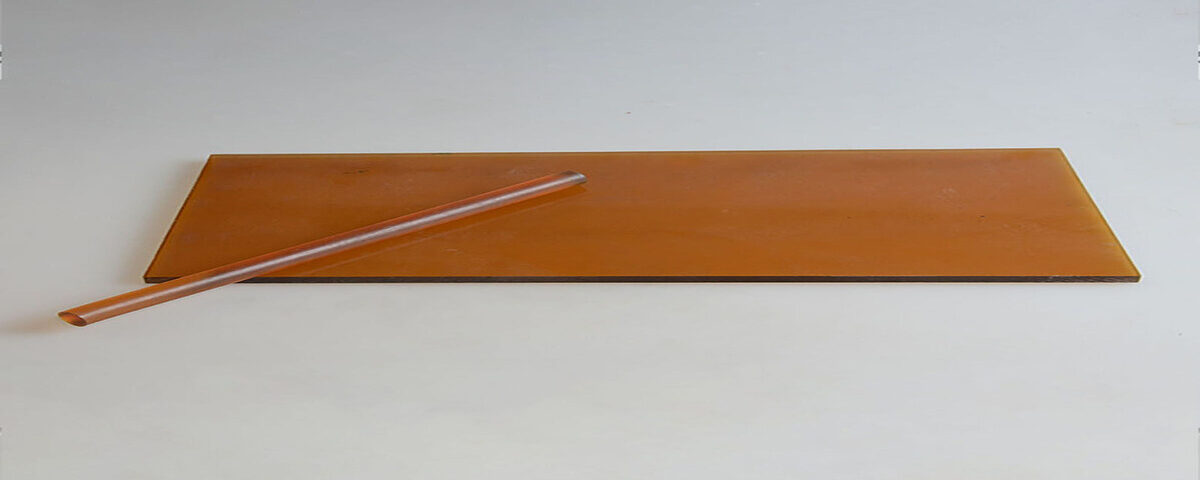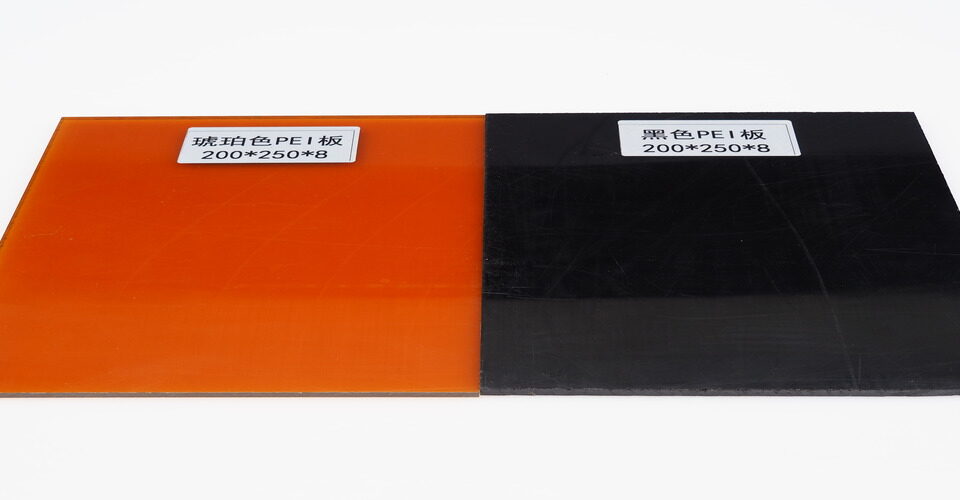
What Are the Disadvantages of ABS Plastic?
December 25, 2024
What Are the Advantages of PP Plastic?
December 25, 2024Polyetherimide (PEI) resin is a high-performance engineering thermoplastic that boasts an impressive combination of properties. Below are its key characteristics:
High Strength and Stiffness
PEI resin is known for its exceptional mechanical strength and stiffness, making it suitable for demanding applications. It maintains its structural integrity even under heavy loads and stresses.
Excellent Thermal Stability
PEI resin exhibits remarkable heat resistance, withstanding temperatures up to 200–220°C without significant deformation. This makes it ideal for high-temperature environments, such as automotive components and electronics.

Outstanding Dimensional Stability
PEI resin offers excellent dimensional stability, even under fluctuating temperatures and loads. Its low thermal expansion ensures minimal warping or shrinkage, critical for precision parts.
Chemical Resistance
PEI resin resists many chemicals, including hydrocarbons, alcohols, and weak acids, enhancing its durability in chemically aggressive environments.
Flame Retardancy
PEI is inherently flame-retardant, with a UL 94 V-0 rating. Its low smoke and toxicity make it suitable for applications requiring stringent fire safety standards, such as aerospace and transportation.
Electrical Insulation
PEI resin has superior dielectric properties, making it an excellent electrical insulator. This property is essential for electronic components and connectors.
Transparency
PEI resin can be produced in a transparent form, allowing it to be used in optical and lighting applications.
Biocompatibility
PEI resin is biocompatible and can be used in medical devices and sterilized tools, as it withstands repeated autoclaving.
In summary, PEI resin’s combination of strength, heat resistance, and versatility makes it indispensable across multiple industries.






